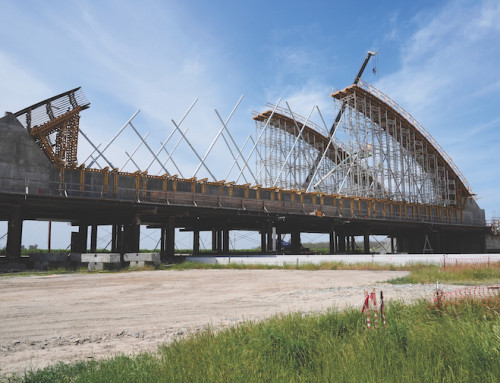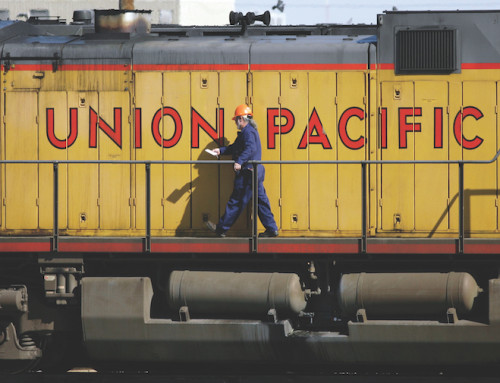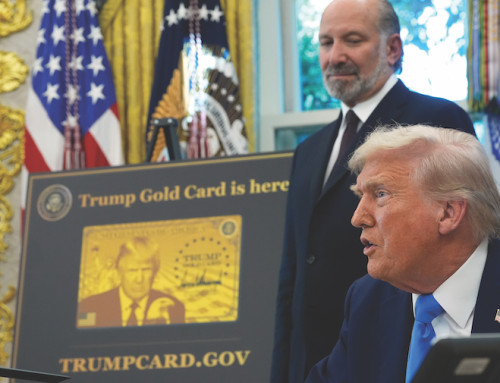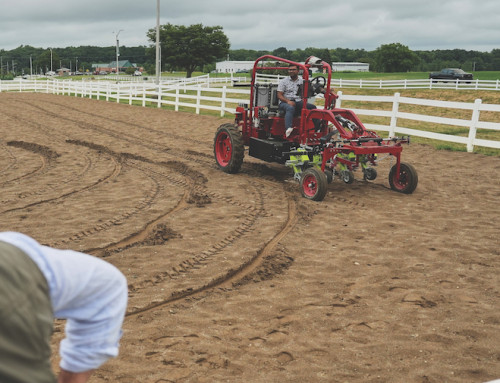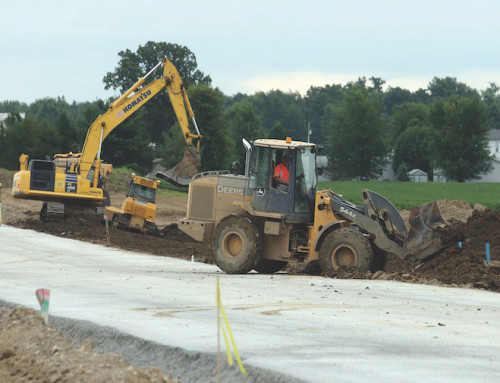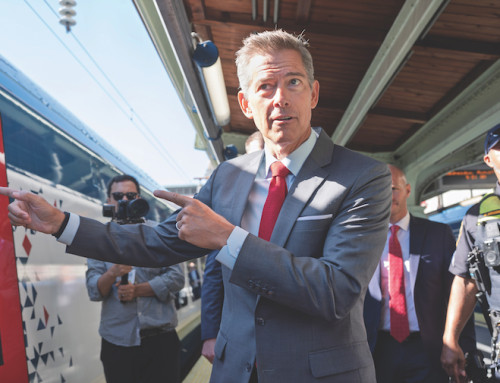NEW YORK (AP) — Tariffs and years of teetering mall traffic have roiled much of the toy industry, but Build-A-Bear investors are continuing to reap sizeable gains.
Shares of Build-A-Bear Workshop are up more than 60 percent since the start of 2025, trading at just under $72 apiece. That compares to just 13 percent for the S&P 500 since the start of the year, and marks dramatic growth from five years ago, when the St. Louis-based retailer’s stock sat under $3.
The toy industry overall has been “reasonably soft” in recent years, notes Neil Saunders, managing director of GlobalData, but certain categories, including craft-oriented products, have done very well following the height of the COVID-19 pandemic. That’s key to Build-A-Bear’s core business model: welcoming consumers into their brick-and-mortar stores to make their own plush animals.
That also may set Build-A-Bear apart from the malls its stores are often inside, many of which have struggled to see overall traffic rebound over the years.
“The mall may not be a destination, but Build-A-Bear often is, because it’s often a planned trip,” Saunders said. “It’s a store within a mall that many consumers make a beeline for.”
Build-A-Bear still isn’t immune entirely to macroeconomic pressures, but the company’s profit has soared to record after record in recent quarters. Last month, the retailer reported what it said were the best results for a second quarter and first half of a fiscal year in the history of Build-A-Bear, which opened its first store in 1997. Company executives pointed to strong store performance and other expansion efforts.
In the first half of its 2025 fiscal year, the company’s revenues hit $252.6 million and its pre-tax income climbed to $34.9 million, up 11.5 percent and 31.5 percent, respectively, year-over-year.
The company also raised its financial outlook for the full year, despite anticipated costs of President Donald Trump’s new tariffs on goods coming into the United States from around the world and other headwinds.
“Tariffs are a real cost that we are facing,” Voin Todorovic, chief financial officer at Build-A-Bear, said in the company’s Aug. 28 earnings call, pointing to current U.S. import tax rates of 30 percent on China and 20 percent on Vietnam, where the retailer sources much of its products. Some of that already has trickled down to the cost of Build-A-Bear’s merchandise in North America, but Todorovic noted that such levies would impact the company “even more in the second half of the year.”
While the retailer offers some ready-made toys and toy clothing, “what Build-A-Bear generally buys is materials,” Saunders noted. This can “hedge against tariffs much more effectively,” he explained, as they reduce labor costs and potentially allow for more flexibility on sourcing.
Barring any significant changes, Todorovic said in August’s earnings call that tariffs are anticipated to cost Build-A-Bear less than $11 million for the 2025 fiscal year. Yet despite that and other costs, he noted that the company still is on track to approach or slightly beat last year’s earnings.
The company’s latest guidance expects its pre-tax income to reach between $62 million and $70 million for the full 2025 fiscal year, compared to just more than $67 million reported in 2024.



